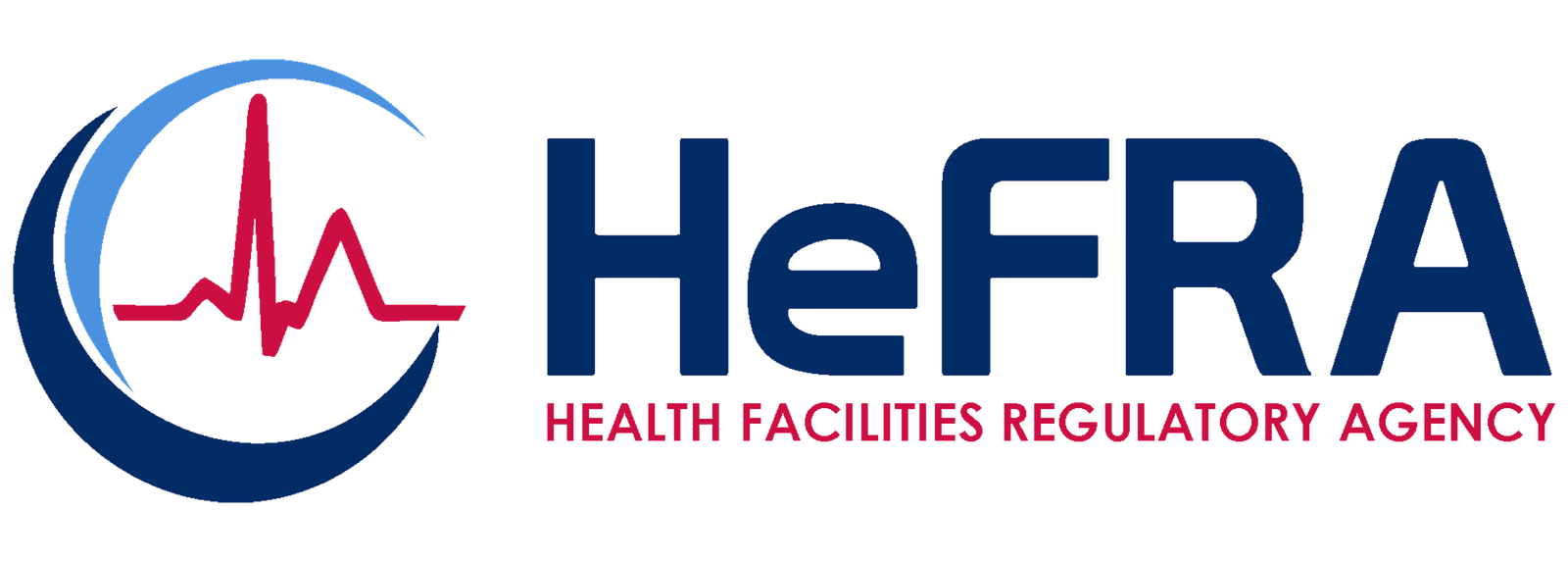
First Aid for Ghanaians: Essential Knowledge for Common Emergencies 🩹💊🚑
Accidents and emergencies can happen anytime. Knowing basic first aid saves lives. This guide covers common emergencies in Ghana, how to respond, and what to keep in your first aid kit.
Images are only illustrative; may not pass an academic critique
Essential Items for Your First Aid Box
A well-stocked first aid kit is crucial. Include:
- Sterile gauze, bandages, adhesive tape
- Antiseptic wipes, gloves, scissors, tweezers
- Pain relievers (e.g., paracetamol), antihistamines
- Thermometer, CPR face shield, emergency blanket
- Burn ointment, hydrocortisone cream
- Inhaler (for asthma), diarrhea medication
- Instant cold packs, splints, and a first aid manual
Images are only illustrative; may not pass an academic critique
Common Emergencies & How to Respond
Burns
- Cool under running water for 10+ minutes.
- Cover with sterile dressing.
- Avoid ice.
Asthma Attack
- Help the person use their inhaler.
- Keep them upright and calm.
- Seek help if severe.
Snake Bite
- mmobilize the limb.
- Keep the victim still.
- Do not cut the wound or suck venom.
Choking
- Perform abdominal thrusts (Heimlich maneuver) to dislodge the object.
Nose Bleeding (Epistaxis)
- Lean forward, pinch the nose for 10 minutes.
- Apply ice to the bridge.
Images are only illustrative; may not pass an academic critique
Heart Attack
- Call emergency services.
- Keep the person calm.
- Administer aspirin if advised.
Fractures
- Immobilize the injured area with a splint.
- Avoid moving the victim unnecessarily.
Images are only illustrative; may not pass an academic critique
Scorpion Bite
- Wash the area, apply a cold pack.
- Seek medical help for severe pain or swelling.
Poisoning
- Do not induce vomiting.
- Call emergency services.
- Keep the poison container handy.
Chest Pain
- Rest in a comfortable position.
- Monitor breathing.
- Seek immediate help.
Dehydration
- Give oral rehydration solution (ORS) or clean water.
- Avoid sugary drinks.
Diarrhea
- Hydrate with ORS.
- Avoid solid foods until symptoms improve.
Dog Bite
- Wash with soap and water.
- Apply antiseptic.
- Seek rabies vaccination if needed.
Electric Shock
- Turn off the power source.
- Do not touch the victim until safe.
- Check breathing.
Images are only illustrative; may not pass an academic critique
Stroke (FAST Signs)
- Face drooping,
- Arm weakness,
- Speech difficulty,
- Time to call help.
Seizures
- Clear the area.
- Place the person on their side (recovery position).
- Do not restrain.
Fainting
- Lay the person flat, elevate legs.
- Loosen tight clothing.
- Monitor breathing.
Heat Stroke
- Move to a cool place.
- Apply wet cloths.
- Hydrate with water.
Images are only illustrative; may not pass an academic critique
Allergic Reactions
- Administer antihistamines.
- Use an epinephrine auto-injector (EpiPen) if available.
Cuts & Wounds
- Apply pressure to stop bleeding.
- Clean with antiseptic.
- Cover with a sterile bandage.
Shock
- Lay the person down, elevate legs.
- Keep warm.
- Monitor until help arrives.
Eye Injury
- Rinse the eye with clean water.
- Cover with a sterile pad.
- Do not rub.
Sprains/Strains
- Rest,
- Ice,
- Compression,
- Elevation (RICE method).
Cholera
- Rehydrate with ORS.
- Seek medical care for severe vomiting/diarrhea.
High Blood Pressure Crisis
- Keep calm.
- Administer prescribed medication.
- Avoid salty foods.
Hypothermia
- Warm the person gradually with blankets.
- Avoid direct heat.
Bee Stings
- Remove the stinger.
- Apply ice.
- Monitor for allergic reactions.
Images are only illustrative; may not pass an academic critique
Head Injury
- Keep the person still.
- Apply ice to reduce swelling.
- Watch for confusion/vomiting.
Unconsciousness
- Check Airway, Breathing, Circulation.
- Place in recovery position.
- Call for help. NB: Start Chest compressions if no pulse is detected
Chemical Exposure
- Rinse skin/eyes with water for 15+ minutes.
- Remove contaminated clothing.
Drowning
- Perform CPR if trained.
- Keep the person warm after rescuing.
Images are only illustrative; may not pass an academic critique
Broken Bones
- Immobilize the area.
- Use a splint or rolled newspaper.
- Avoid moving the joint.
Toothache
- Rinse with warm salt water.
- Use clove oil for pain relief.
- See a dentist.
Puncture Wounds
- Do not remove embedded objects.
- Control bleeding.
- Seek medical help.
Angina
- Help the person take prescribed medication like nitroglycerin.
- Rest and monitor.
Diabetes Emergency (Low Blood Sugar)
- Give sugar (juice, candy).
- If unconscious, do not give anything orally.
Childbirth
- Keep the mother calm.
- Do not pull the baby.
- Tie the umbilical cord with a clean string.
Food Poisoning
- Hydrate and rest.
- Avoid solid foods.
- Seek help for severe symptoms.
Frostbite
- Warm the area slowly with body heat.
- Avoid rubbing.
Hyperventilation
- Encourage slow breathing into a paper bag.
- Stay calm.
Nose Injury
- Control bleeding with gentle pressure.
- Apply ice to reduce swelling.
Poison Ivy/Oak
- Wash skin with soap.
- Apply prescribed medication like hydrocortisone cream.
- Avoid scratching.
Concussion
- Monitor for vomiting/confusion.
- Rest in a quiet, dark room.
Insect Bites
- Remove the stinger if present.
- Apply ice and antihistamine cream.
Mental Health Crisis (Psychological First Aid)
- Listen calmly.
- Offer reassurance.
- Avoid judgment.
- Encourage professional help.
Bleeding (Severe)
- Apply direct pressure with a clean cloth.
- Elevate the wound.
- Use a tourniquet if necessary.
Images are only illustrative; may not pass an academic critique
Neck/Spinal Injury
- Do not move the person.
- Stabilize the head and neck.
- Call for emergency help.
Allergic Reaction (Anaphylaxis)
- Use an EpiPen immediately.
- Administer CPR if breathing stops.
Smoke Inhalation
- Move to fresh air.
- Loosen tight clothing.
- Monitor breathing.
Burn from Hot Water
- Cool the burn under running water.
- Cover with a non-stick dressing.
Myth Busting
- Myth: “Pouring urine on a burn helps.” Truth: Urine can infect the wound. Use cool water only.
- Myth: “Rub butter on frostbite.” Truth: Gradually warm the area with body heat (e.g., place hands under armpits).
- Myth: “Shake someone having a seizure.” Truth: Clear the area and time the seizure. Only restrain if in danger.
Emergency Contacts in Ghana
- Ambulance: 193 (National Ambulance Service)
- Fire Service: 192
- Police: 191
- Poison Control: 024 431 7052
Importance of First Aid Training
First aid courses teach CPR, wound care, and emergency response. In Ghana, organizations like the Red Cross offer affordable training. Certification ensures you can act confidently during crises.
Frequently Asked Questions
- Are first aid kits mandatory in workplaces? Yes! OSHA requires employers to provide kits and trained staff.
- Can first aid expire? Yes, check medication and dressings regularly.
- Where to get certified? Contact local clinics, Red Cross, or your local Hospital.
Final Tips
- Keep emergency numbers (e.g., 112/999) saved on your phone.
- Use the Deluxe Hospital app Emergency Help Service
- Update your first aid kit every 6 months.
- Stay calm—your confidence can reassure the victim.
- See a doctor
By learning first aid, you become a lifesaver. Share this knowledge with family and friends to build a safer Ghana!
- 🐍🌳 Snake Bites: MUST KNOW For All Ghanaians
- Pain in Ghana Explained: What Hurts, Why, and What to Do 🤕 😭
- Self-Medication and Its Dangers in Ghana ⚠️💊💉
- 🏥👨⚕️🩺 Public and Private Hospitals In Ghana – Part 1
- Health Insurance Policies in Ghana for the Ordinary Ghanaian: A Complete Guide 🏥💊🛡️

We Love to Educate for Free
But please do not self-medicate as wrong doses of even correct medications can cause serious complications like kidney failure and even death. You can talk to a LICENSED health professional (including medical doctors, specialists, physician assistants, clinical psychologists, nutritionists/dieticians, medical herbalists, etc) by downloading the Deluxe Hospital app here:










